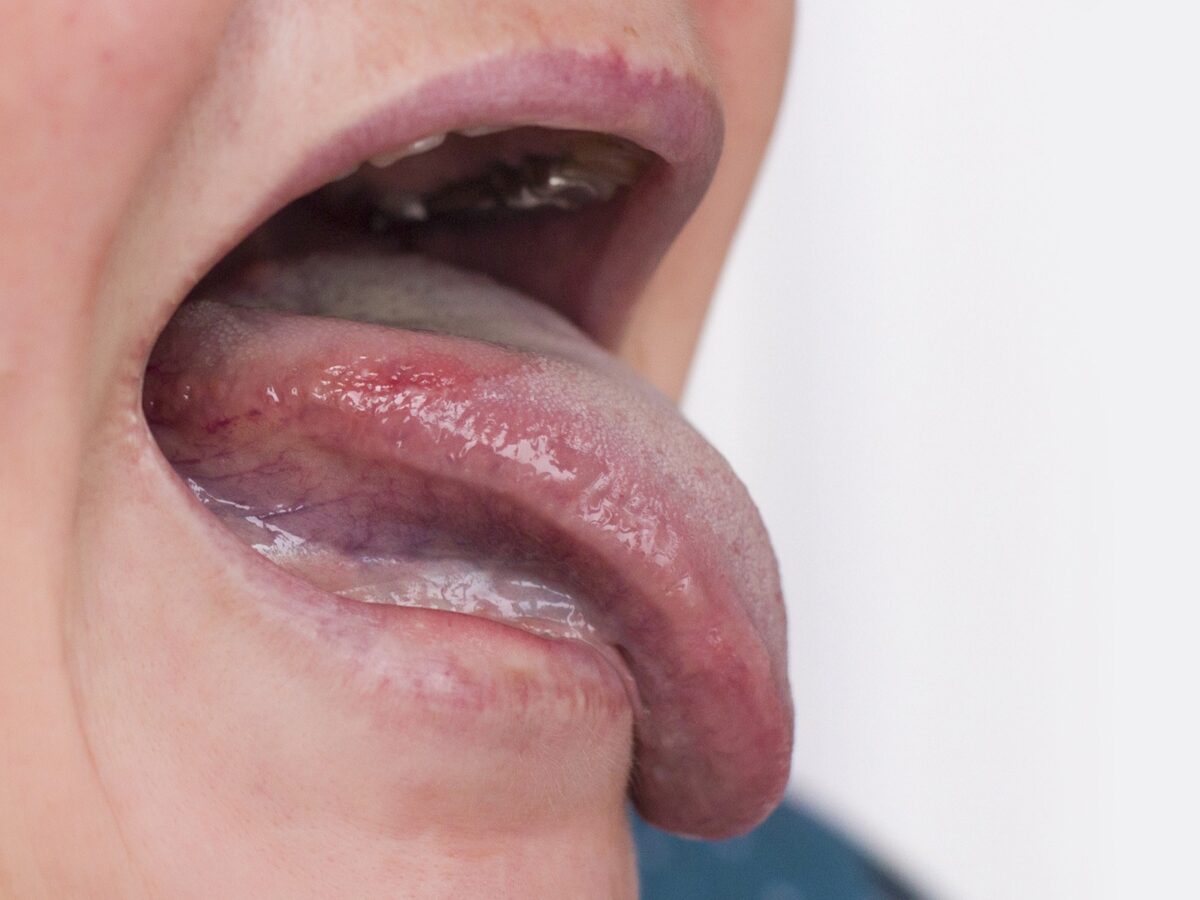Blog
Dental hygiene tips for healthy teeth & gums

What is Leukoplakia?
Leukoplakia is a medical condition that has one or more white spots, also called lesions from inside the mouth. White patches such as thrush or lichen planus are distinct from Leukoplakia. Within 15 years, about 3% to 17.5% of individuals with leukoplakia will form squamous cell carcinoma, a common type of skin cancer.
What are the different types of Leukoplakia?
Since leukoplakia is based on the size and shape of the abnormal cells, they are broadly classified as:
Homogenous: Homogenous leukoplakia consists of uniformly white-colored thin plaques, which have less chance of developing into cancer.
Non-homogenous: This is a white-and-red, irregularly shaped patch, which predicts the likelihood of becoming cancerous.
Another considerably rare kind of leukoplakia is proliferative verrucous, which is more expansive and affects different parts of the mouth. This medical condition usually affects older women and has the highest probability of becoming cancerous.
What causes oral leukoplakia?
Most cases of this medical condition occur in men aged between 45 and 60. A few well-known risk factors for oral cancer are:
- Heavy consumption of alcohol
- Chewing tobacco
- Chewing betel nuts
- Heavy smoking
How do we know it is oral leukoplakia?
The signs of leukoplakia are one or more white spots, also called lesions found on the insides of the cheeks, on the surface, and underneath the tongue. The patches cannot be scratched off and have no symptoms of pain.
Characteristics that strongly indicate leukoplakia becoming cancerous are:
- White or red patches
- Ulcer
- Nodules
- Bleeding
Treatment of Leukoplakia
The main objective of treating leukoplakia is to control it from evolving into cancer. However, even after removing the lesion via surgery or laser therapy, the outcomes are often mixed. Treatment may clear the patch, but they may return.
Medical management
- Stop using tobacco and alcohol
- A balanced diet rich in fruits and green vegetables
- Isotretinoin supplements are more effective in preventing cancer
Advisable
Even if patches are surgically removed, make sure that you follow up proactively with your doctor for an examination after every three to six months or as long as your doctor suggests.
Schedule your appointment with a dentist today and get the treatment on time!
